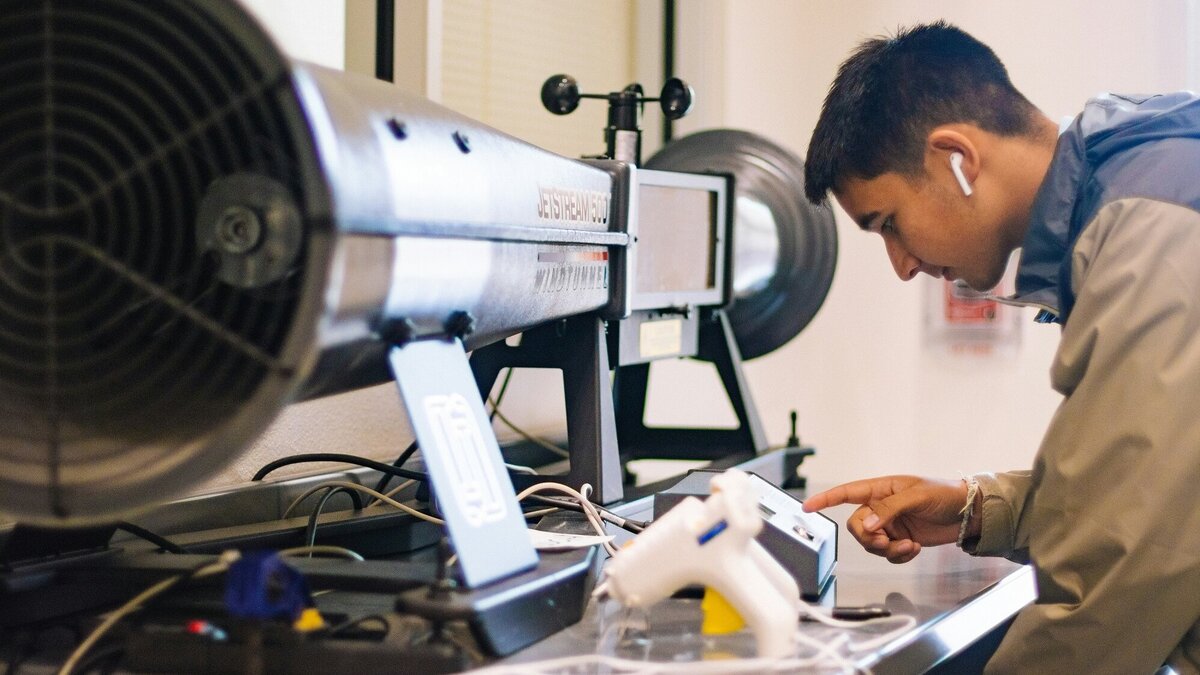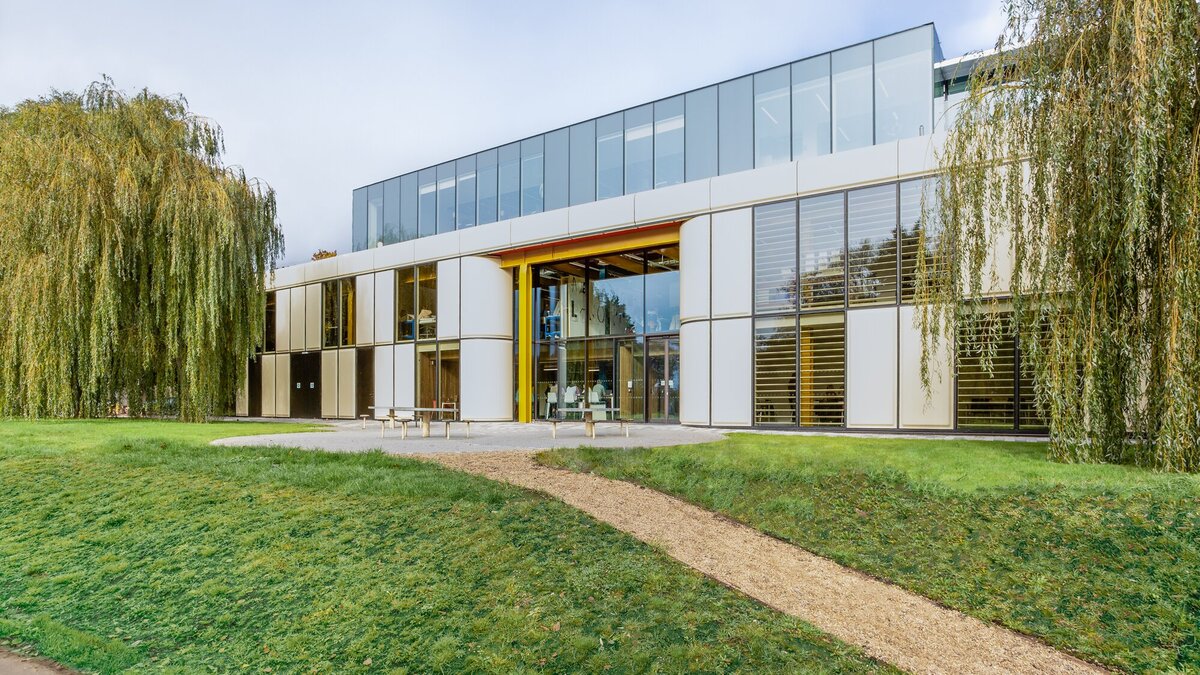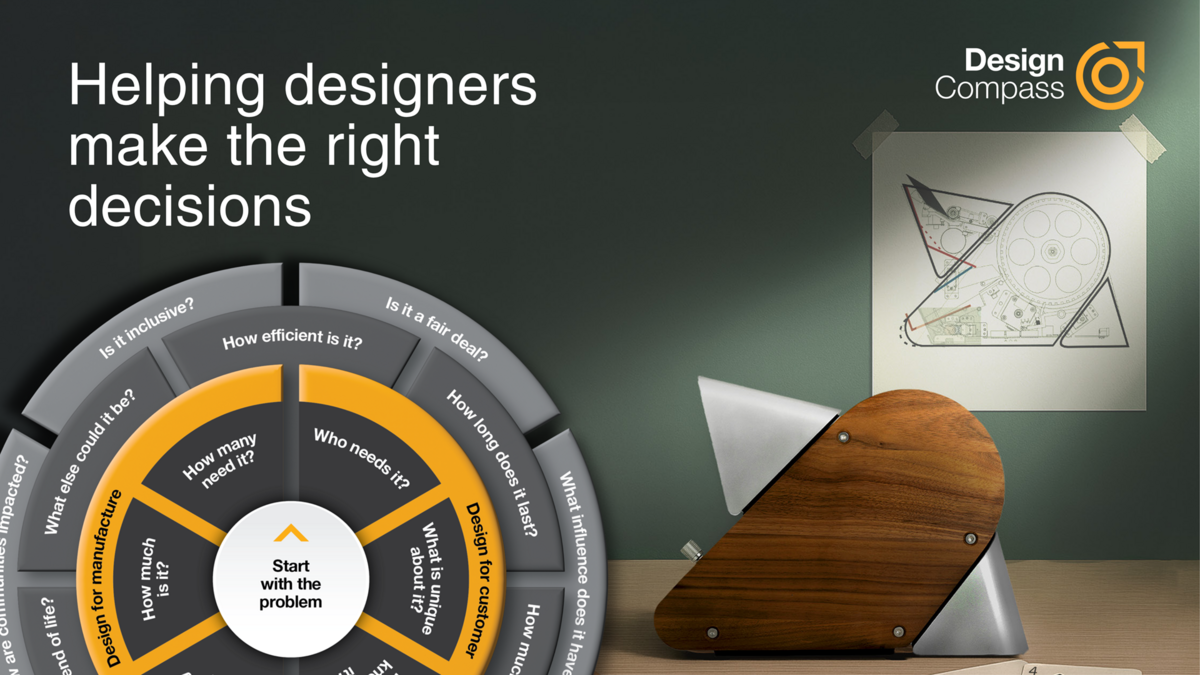SfP example initiatives
Council for Higher Education in Art and Design (CHEAD)

The Council for Higher Education in Art and Design (CHEAD) are mobilising their 70 member universities to upskill students with green design skills. If all 70 universities embed green skills in their design courses, an estimated 450,000 budding designers would be upskilled by 2030.
Students are the designers of the future. It is vital that higher education provides students with green design skills, so that they can enter industry with the ability to design for planet.
With 70 member universities, CHEAD has a huge role to play in influencing design higher education to teach students green design skills as a default, rather than an exception.
We have worked with CHEAD to develop resources that help universities embed the Skills for Planet Blueprint and its 18 green design skills:
- Learning Outcomes: we co-created a set of learning outcomes with representatives from University of the Arts London, De Montfort University, Cardiff Metropolitan University, University for the Creative Arts, Bath Spa University, University of the West of England, Manchester Metropolitan University, and Sheffield Hallam University, translating the Blueprint into educators’ language.
- Embedding Criteria: we have also drafted a set of criteria to help universities understand what ‘embedding the Blueprint’ might mean in their context.
As universities beginning embedding the Blueprint across their design courses, we will collate example briefs, assessment criteria and other resources for educators.
Bath Spa University

Bath Spa University (BSU) is the first university in the UK to commit to embedding the Skills for Planet Blueprint across its design courses, starting with its ‘Introduction to Design Practices’ first year undergraduate module in September 2025. By 2030, we expect that approximately 800 budding designers graduating from BSU will possess the critical green skills needed to design for the planet.
The School of Design at BSU is committed to deeply embedding designing for the planet into design education, through its curriculum, short courses and skills development.
The Skills for Planet Blueprint will be embedded into all aspects of BSU’s design provision by 2030, from Architecture to Product Design, Creative Computing to Graphic Design, Fashion and Textiles to Interior Design, and Cyber Security to Computer Science.
Partnering with BSU is a fantastic opportunity for the Design Council to better understand how the Blueprint is applied in practice in a Higher Education setting. We can then share these learnings with other universities and institutions, enabling more students to benefit from green design upskilling.
Bang Creations - Design Compass

The Design Compass is a free, interactive tool developed by Bang Creations. It integrates content from the Skills for Planet Blueprint directly, providing a seamless experience for designers and guiding them not only to make more sustainable decisions but also to identify and develop the skills they need to achieve them.
Created over more than a decade and refined with input from academics and industry specialists, the Design Compass provides designers with practical guidance on how to develop projects and make better decisions, balancing marketability, environmental sustainability and social responsibility.
Most designers want to design in a way that is socially and environmentally conscious, yet on the job there are other pressures to contend with, such as project deadlines, commercial viability and the client’s needs.
Bang Creations acknowledges these competing pressures and presents designers with a tool that can help: the Design Compass. What is brilliant about the Design Compass is that it intelligently provides guidance that facilitates real-world impact, rather than offering theoretical solutions.
The Design Compass can be used by designers in industry or budding designers at universities. The basic version is available now for free. An upgradeable Ai Design Assistant is to follow.
Pearson

Pearson, the world’s lifelong learning company, are committed to giving young learners the skills needed to tackle complex environmental challenges. They are leading the way in creative education, with their Art and Design and Design and Technology qualifications providing the opportunity to upskill 240,000 14-19 year olds with green design skills by 2030.
Developing the skills needed to design for planet is a lifelong learning opportunity that starts at school. We cannot expect the creative sectors to have a solid pipeline of innovative, green skilled designers if we do not invest in equipping young people with these green design skills.
Pearson, having already committed to imagining and shaping a new future for design education, are turning their attention to developing practical resources that will initially focus on helping GCSE Art and Design teachers embed the Skills for Planet Blueprint into their teaching.
Reboot the Future are supercharging this shift in creative curriculum subjects, collaborating with Pearson to share green resources with their network of 22,000 teachers.
